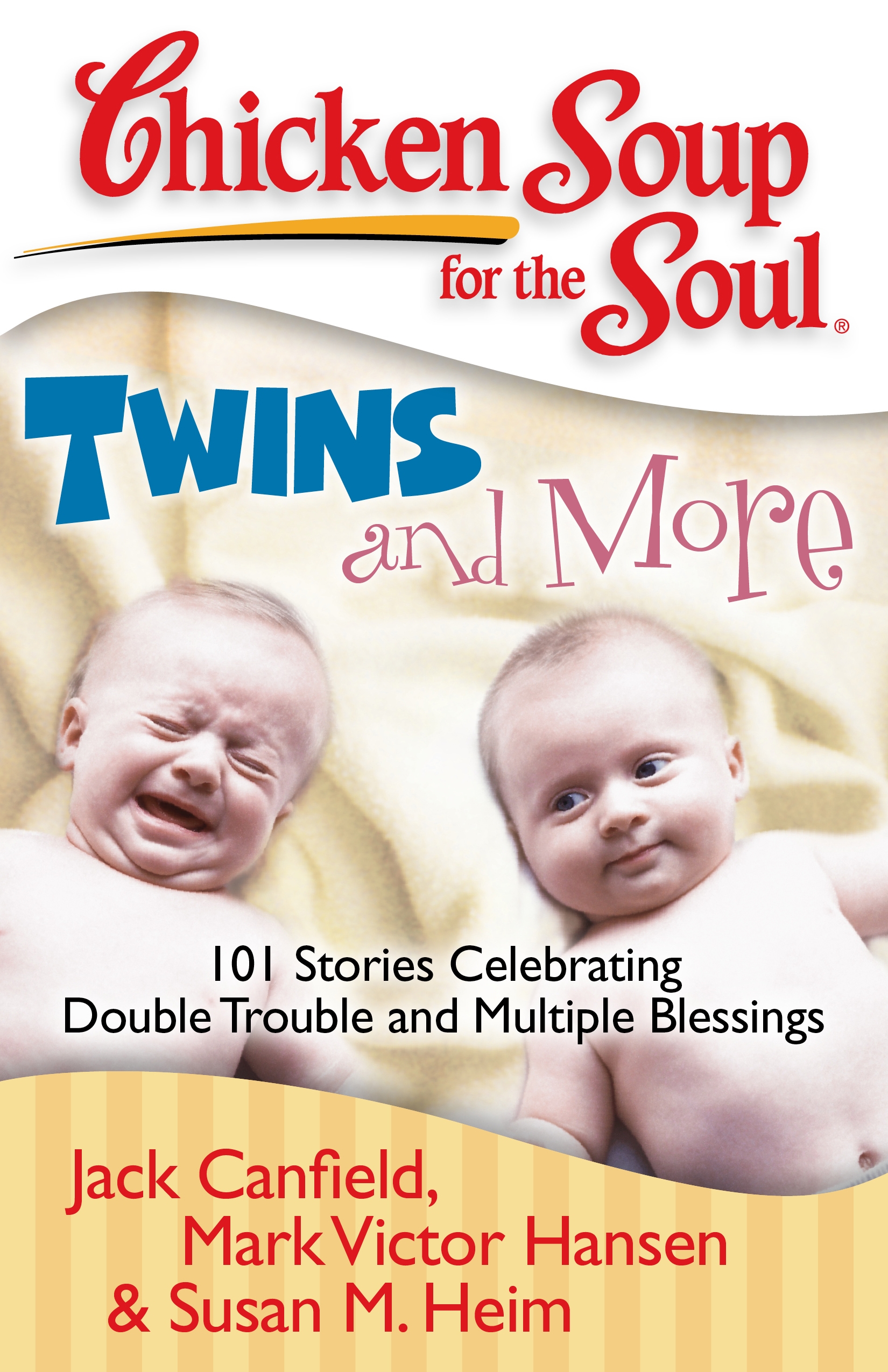Regardless of how soul-savingly wonderful or retina-burstingly abhorrent you find the Chicken Soup for the Soul book series to be, we can all agree on one thing: Jack Canfield and Mark Victor Hansen were probably laughing all the way to the bank in the face of the 140 publishers who initially refused the manuscript. 16 years and 100+ books later, people are eager as ever to lap up every last drop of sentimentality with a spoon. These feel-good heart-tugging tales were meant to induce feelings and inspire, though for some the only feelings inspired was an unrelenting nausea.
The 90s had a surprisingly high market quotient for touchy-feeliness, considering all the angsty cynicism (a la Nirvana) and vapid materialism (a la Clueless) people attribute to 90s culture. Perhaps there was some mysterious point of contact which allowed the angsty to express their wealth of feelings and the superficial to pat themselves on the back for their insincere sentimentalism. Whatever the reason, there was a pretty serious market for all things high-faloutin' and pseudo-spiritual.
This impulse for inspiration manifested itself in several forms: Touched by an Angel, the rise of televangelism, Lurlene McDaniel young adult novels. Perhaps the most lucrative exploitative franchise capitalizing on this trend was The Chicken Soup for the Soul series. The series' name implies that we are somehow naturally sick, and the only soothing remedy is to buy this book. That's a sound marketing strategy if I ever heard one (Get it? Sound? Heard? Okay, think I'm alone on this one). I'm going to come out with a new line of books next year entitled, "Buy this book or you will inevitably get an incurable mutation of swine flu ." It seems pretty straightforward, and I bet I could make a bundle on it.
Sarcasm aside (briefly), the books arguably had some inherent merit beneath their drecky facade. The stories were indeed positive and uplifting and made good on the title's promise of a soothing read. However, it was less about the value of the stories themselves than the ensuing warm fuzzy feeling many of us got from reading this book. See, the book had that sort of incredibly-easy-read-to-make-you-feel-good-about-yourself quality to it. By feeling touched by the stories, we could all personally feel as if we were good, moral, spiritual people who were eager to be inspired and called to action in a quest for positivity. Despite the passivity of our actions (sitting and reading an overrated bestseller) we could all breathe a sigh of relief that we were indeed, as we had always suspected, good people.
 The Chicken Soup for the Soul Condolence Sympathy Basket from www.recover-from-grief.com. Yes, this exists.
The Chicken Soup for the Soul Condolence Sympathy Basket from www.recover-from-grief.com. Yes, this exists.Before you go on the offensive and defend these books (or would that be the defensive?), let me be the first to admit that I ate these up as a kid. I absolutely could not get enough. For some reason, I was unwaveringly certain that these books possessed the tidbits of timeless wisdom that were the secrets to unlocking a life of happiness. When I turned 12, someone gave me a copy of Chicken Soup for the Teenage Soul as a gift. I remember earmarking chapters I thought to be particularly poignant, such as "Things Girls Love about Boys" and stories about kids with (insert life obstacle here) overcoming adversity.
After devouring volume after volume, I had that wonderful unearned feeling of being a better person without ever having to leave my room. Why, in the span of two hours, I had been empathetic, altruistic, sympathetic, and accepting. The tears in my eyes were evidence that I was indeed a living, feeling person who cared about others deeply. Right?

Maybe. One of the strongest selling points of these books was that inspiration is an incredibly vague term. I doubt most readers immediately mobilized and began rescuing helpless sick puppies or volunteering at the local soup kitchen (for the stomach, that is, not soul) directly after reading any of these books. The best part was that it allowed you to be completely undeservedly self-congratulatory. Bravo, me. Bravo!
Of course, I'm clearly devilishly advocating the situation. The original book was overwhelmingly well-received by readers and critics. Most people were willing and able to look past the corniness and feel truly touched by these moving (albeit cliched) stories. There was something comforting in the predictable heartwarming-ness of each story. Sure, we knew it was sappy and possibly some of these miracles were a tad on the contrived side, but our willingness to briefly suspend our disbelief could allow us to embrace a story's happy ending.
Hansen and Canfield were brilliantly entrepreneurial in their approach and saw the potential in the not-yet fully tapped market of sappy sentimentalism. Lucky for them, all they had to do was think up countless topics and corresponding subtitles (including but not limited to Chicken Soup for the Chiropractic Soul, Chicken Soup for the Fisherman's Soul, and even Chicken Soup for the Soul Celebrates Cats and the People Who Love Them.) The editors obviously subscribed to a "if it ain't broke, don't fix it" ideology. Using basically the same essential formula, they managed to crank out book after book in the style of the original but catered to specifically market to a particular demographic.
Then came the kookier side. Books weren't enough. No, we needed Chicken Soup for the Soul calendars, Chicken Soup for the Soul Pet food, and Chicken Soup for the Soul vitamin supplements. There's nothing quite like manipulating your audience into buying a bunch of worthless crap to send a positive message of spirituality and inspiration.
 Chicken Soup for the Soul Trimworks Supplements. Please note the package featuring a woman hugging a scale. It's likely she has OD'ed on the lovey-dovey feel-goodness of CSftS
Chicken Soup for the Soul Trimworks Supplements. Please note the package featuring a woman hugging a scale. It's likely she has OD'ed on the lovey-dovey feel-goodness of CSftS Over time, the initial bowl of soup has evolved into a fully functional factory churning out can and can of the same product. This model was fitting as this was exactly what Hansen and Canfield were peddling: canned spirituality. Love it or hate it, the Chicken Soup Series was a formidable franchise from 1993 stretching through the better part of this decade. Ultimately, whether you're a firefighter, doctor, or French-African widowed quadriplegic philosopher with a taste for five-alarm chili, there is inevitably a Chicken Soup for the Soul book made just for you. Go forth and be soothed.
Over time, the initial bowl of soup has evolved into a fully functional factory churning out can and can of the same product. This model was fitting as this was exactly what Hansen and Canfield were peddling: canned spirituality. Love it or hate it, the Chicken Soup Series was a formidable franchise from 1993 stretching through the better part of this decade. Ultimately, whether you're a firefighter, doctor, or French-African widowed quadriplegic philosopher with a taste for five-alarm chili, there is inevitably a Chicken Soup for the Soul book made just for you. Go forth and be soothed.Some newer, odder incarnations:










0 comments:
Post a Comment